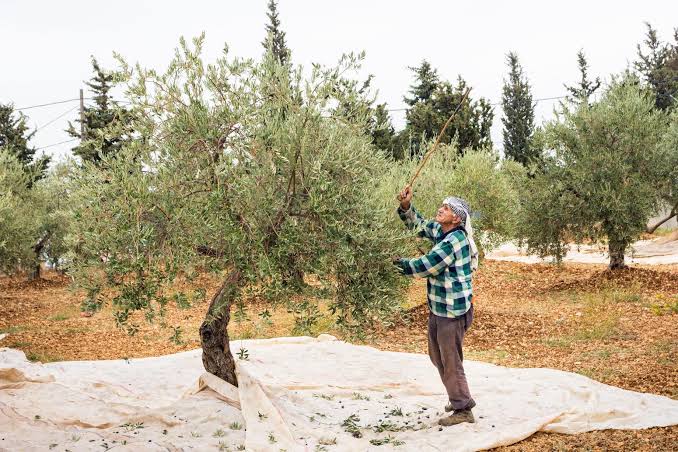A recent study, published in Nature Plants has found that rising temperatures pose a threat to Lebanon’s olive trees, which are historically recognized for the premium olive oil they produce.
5,400 years of pollen data from the Lebanese city of Tyre are presented in the research which indicated that the relationship between temperature and olive production has persisted over thousands of years and establishes 16.9C as the ideal temperature for olive development.
According to the researchers, Tyre’s arid atmosphere made its olives “sought after” in antiquity for their “high nutritional value and refined taste.” However, they warned that the growth of olive trees would be negatively impacted by warming temperatures by the middle of the century, particularly in the southern portions of the country, which would become “too hot” for optimal flowering and fruiting.
Read also: UN Report says Climate change refugees in Bangladesh vulnerable to human trafficking
According to a Lebanese scientist, who was not involved in the study, olive trees “form an important part of the Lebanese cultural heritage,” giving “a sense of unity and belonging in an otherwise politically segmented country”.
He warned that the negative impacts of climate change on olive production would negatively impact the country’s culture and economy, at a time when “both are crucially needed”.
Story was adapted from Carbon Brief.
